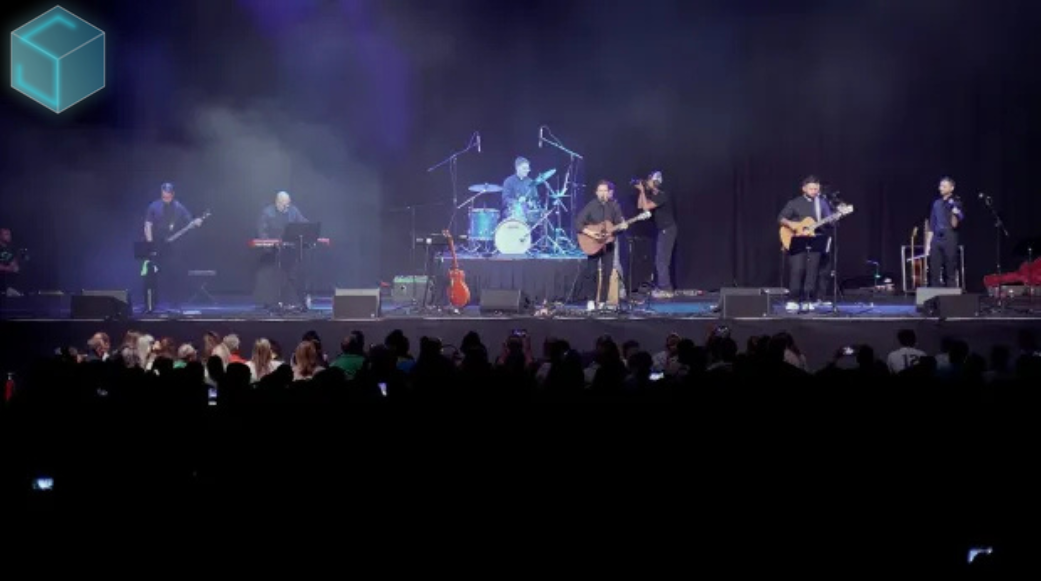
August 20, 2025
Imagine six Catholic priests performing at a sold-out Houston show instead of a well-known pop star. Their band's performance combined messages of prayer, celibacy, and faith with elements of rock...
Read more.png)
August 20, 2025
Nostalgia, Mother Mother’s latest album, is one of those rare creations. It invites us into a world where lightness isn’t escapism—it’s a form of resistance, a beacon of hope, and a path forward....
Read more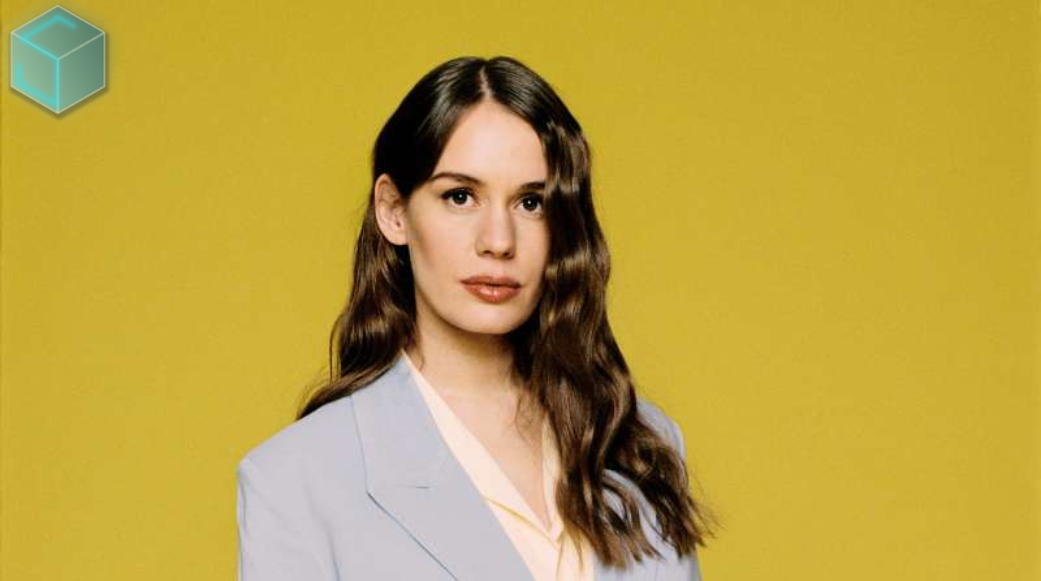
August 19, 2025
When Anna of the North released “Lovers” in 2017, it was already a dreamy synth-pop gem, filled with wistful vocals and lush production that captured the ache of young romance. But it wasn’t until...
Read more
August 19, 2025
“Let Me Know” ft. Future started out as a moody, late-night playlist type of track, the kind you blast in your car pretending you’re in a music video while stuck in traffic. But now? It’s become...
Read more
August 19, 2025
“Your Idol” stands out in Kpop Demon Hunters not just as a catchy track, but as one of the most self-aware songs in the whole project. At first listen, it has all the hallmarks of a classic K-pop...
Read more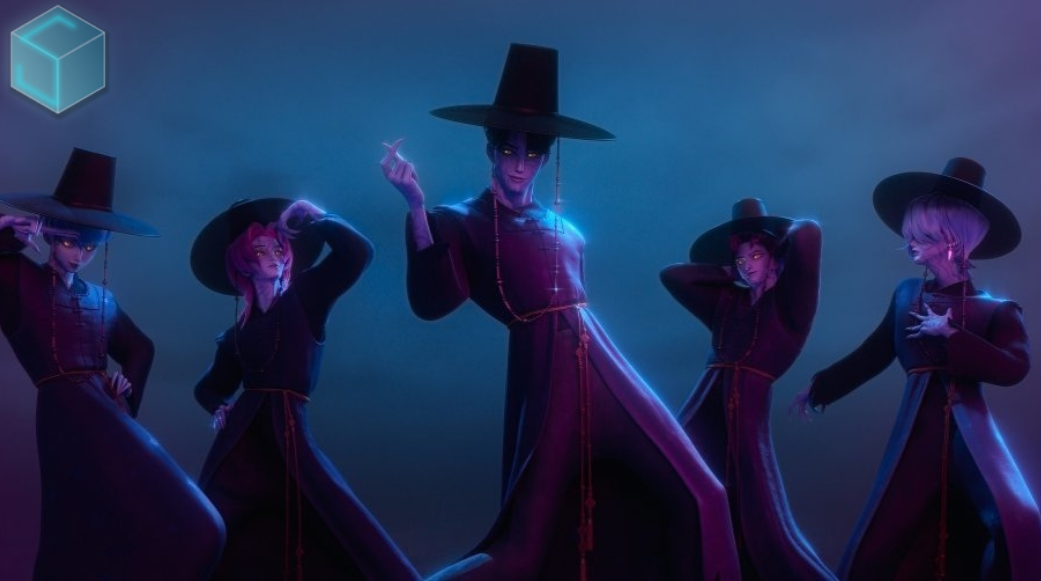
August 19, 2025
If you’ve scrolled TikTok, Insta, or literally any corner of the internet in the past few weeks, you’ve probably heard it: the fizzy, feel-good bop known as “Soda Pop” by the Saja Boys. Straight...
Read more
August 19, 2025
Skai Is Yourgod didn’t just drop a song, he dropped a cultural grenade. His track “Stacks From All Sides” has taken TikTok by storm, and the secret sauce? A cheeky little sample from Beetle on...
Read more
August 19, 2025
After 70 weeks at No. 1 with “Too Sweet,” Hozier’s reign on Billboard’s Hot Rock Songs chart comes to an end as newcomer Sombr takes over with...
Read more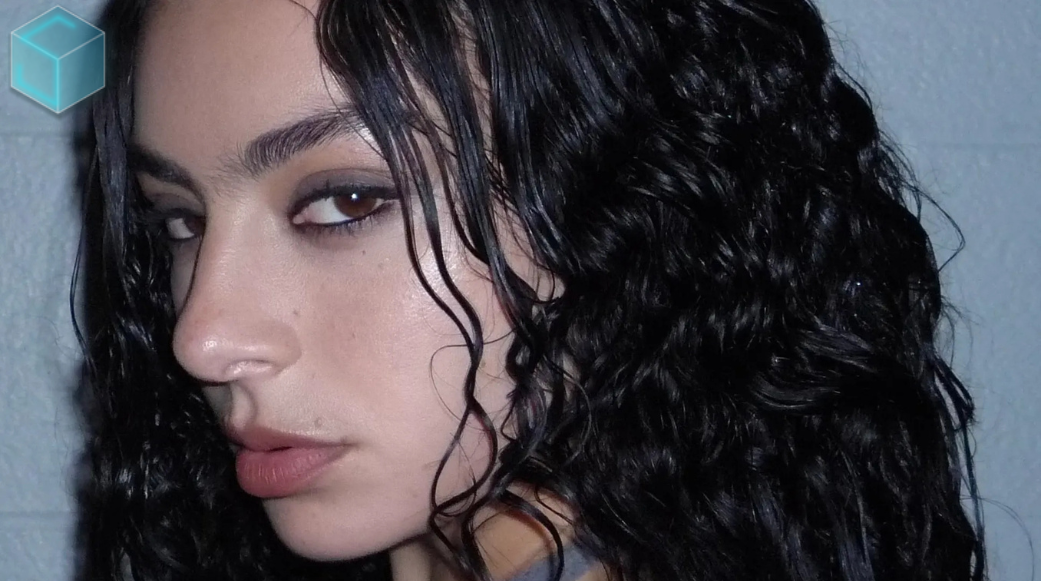
August 19, 2025
Charli XCX brought her groundbreaking Brat era to a poignant close Friday night during an electrifying performance at South Korea's One Universe Festival. The pop innovator marked the final...
Read more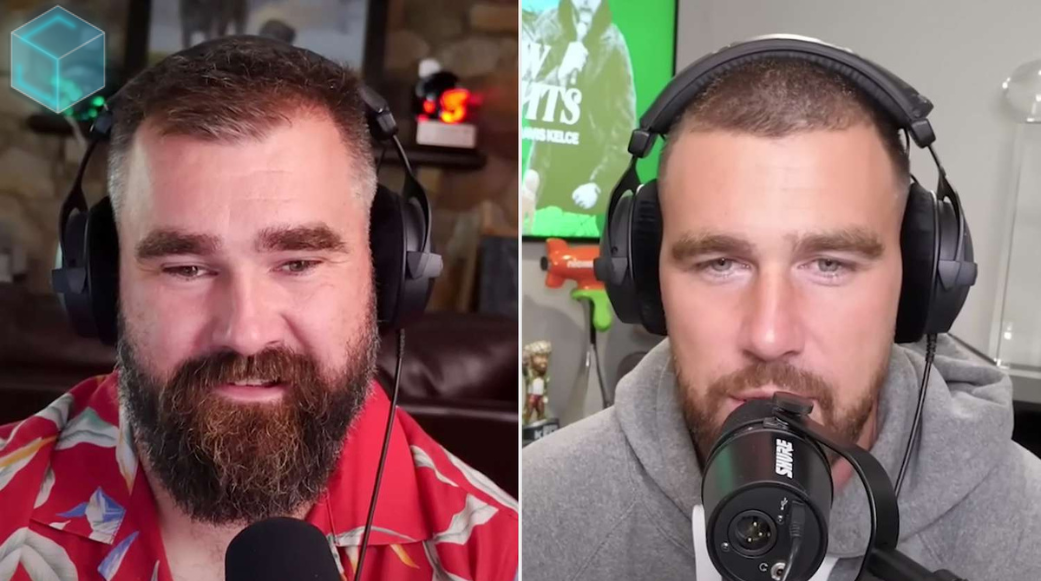
August 19, 2025
Taylor Swift’s appearance on Travis and Jason Kelce’s New Heights podcast drew 1.3M live viewers, breaking YouTube records and sparking buzz with details about her new album The Life of a...
Read more
August 19, 2025
After a six-year silence, Chance the Rapper is officially back. On August 15, 2025, he will drop his sophomore album, Star Line, marking a new chapter filled with growth, travel, and creative...
Read more
August 19, 2025
Lana Del Rey’s new song takes aim at Ethel Cain, referencing an alleged personal rift involving Instagram posts, a mutual ex, and behind-the-scenes remarks...
Read more.png)
If you’re a songwriter who can sing but can’t play an instrument, you may feel like you’ve hit a roadblock in your creative journey. You have the ideas in your head, but you’re unsure how to turn them into fully realized songs without being able to play the music yourself. The good news is that many successful songwriters have found ways to bring their ideas to life without being proficient on an instrument.
Let’s explore some strategies for turning your songwriting skills into fully produced music and finding collaborators who can help you along the way.
One of the most effective ways to bring your song ideas to life is by collaborating with musicians or producers who can play instruments or handle production. Many famous songwriters work this way, focusing on the lyrics and melody while leaving the instrumental composition to someone else. Here’s how you can start collaborating:
Example: Elton John and Bernie Taupin have had one of the most famous songwriting collaborations in music history. Bernie Taupin focuses on the lyrics, while Elton John composes the music and plays the piano. This partnership proves that you don’t have to be able to play an instrument to create iconic songs—you just need the right collaborator.
Even if you can’t play an instrument, you can still start creating music using digital tools. Music software, also known as DAWs (Digital Audio Workstations), can help you produce basic demos of your songs without needing to know how to play an instrument.
While you don’t need to be a master musician, learning some basic chord progressions can help you communicate your ideas more effectively. Even if you only learn a few chords on piano or guitar, this can give you a better understanding of how music is structured and help you sketch out simple song ideas.
If you’re working with a producer or musician, communication is key. You may not know how to play the music, but you can still guide the direction by being clear about your vision.
Remember that being a songwriter is an art form in itself. Not every songwriter is also a musician or producer, and that’s perfectly okay. Focus on honing your songwriting skills—writing compelling lyrics, crafting catchy melodies, and telling a story through your songs.
You don’t need to be a multi-instrumentalist to be a successful songwriter. By collaborating with musicians and producers, using music software to create basic demos, learning a bit of chord theory, and clearly communicating your ideas, you can bring your song ideas to life. Focus on what you do best—writing lyrics and melodies—and surround yourself with collaborators who can help you fill in the musical gaps.
Have you found a way to overcome not playing an instrument as a songwriter? Share your experiences and tips in the comments below!
Watch the Legend Paul McCartney talk about his songwriting process: